- Teacher: JeandeDieu KUBWIMANA
This module provide students with essential knowledge and practical skills in preparing, formulating, and distributing concentrate feeds to support optimal livestock nutrition, growth, and productivity.
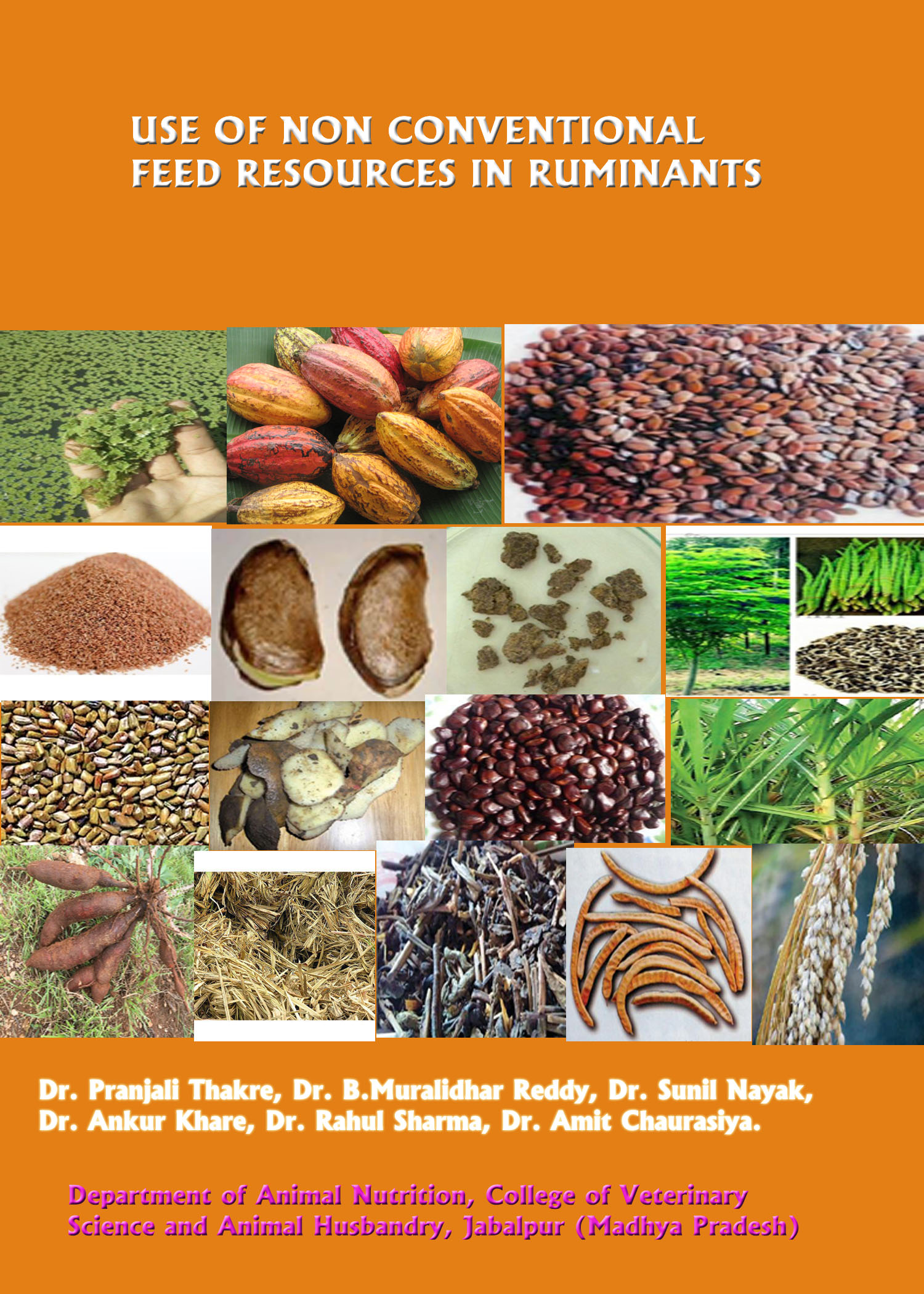
- Teacher: SadakoSandrine UMUKUNZI
Purpose statement
This module describes the skills and knowledge required to prepare preliminary
activities for an Animal care technician, identify materials, tools and equipment
related to diagnosis and drug administration. It is intended for learners who have
successfully completed ordinary level, level II in animal health and its equivalent
and pursuing TVET level III and other related qualification. After that the trainees
will be able to use them, examine livestock diseases, take some types of samples
like feces, urine, milk, blood, pus, scabs, and use veterinary drugs after diagnosis
or in livestock diseases prevention. This module describes the process for using
tools, equipment and materials in different veterinary activities.

- Teacher: Gilbert NZABANTERURA
This module covers the knowledge; skills and attitudes required to provide a balanced feeding to domestic animals by managing fodder crops and pasture in an optimum manner. It is intended for learners who have successfully completed ordinary level, level II in animal health or its equivalent and pursuing TVET level III and related qualification. Upon completion of this module, the trainee will be able to: Cultivate fodder crops, perform pastures lay out and improvement and Manage pasture grazing
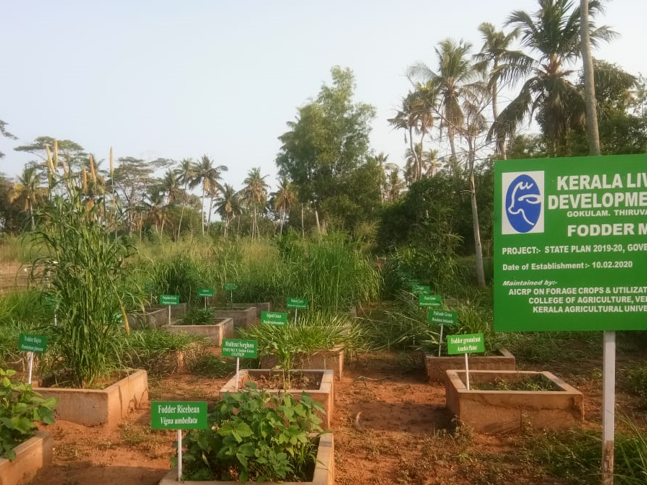
- Teacher: Patrick NGABONZIZA
This module equips learners with the essential knowledge, practical skills, and professional attitudes required to perform core operations in ruminant farming. It is designed for students pursuing Level 3 in Animal Health or related fields.
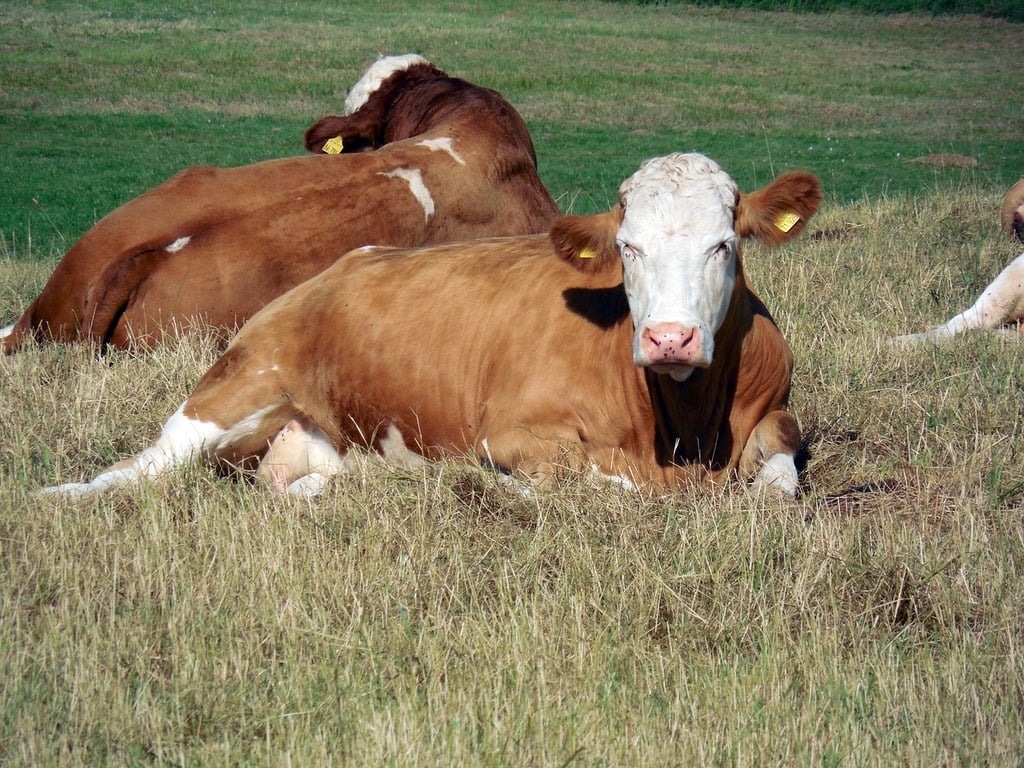
- Teacher: SadakoSandrine UMUKUNZI
This general module describes the skills, knowledge and attitude to be acquired by learner to perform the domestic
animal body description. Any animal care technician has to manipulate the body of the animal during his professional
work.
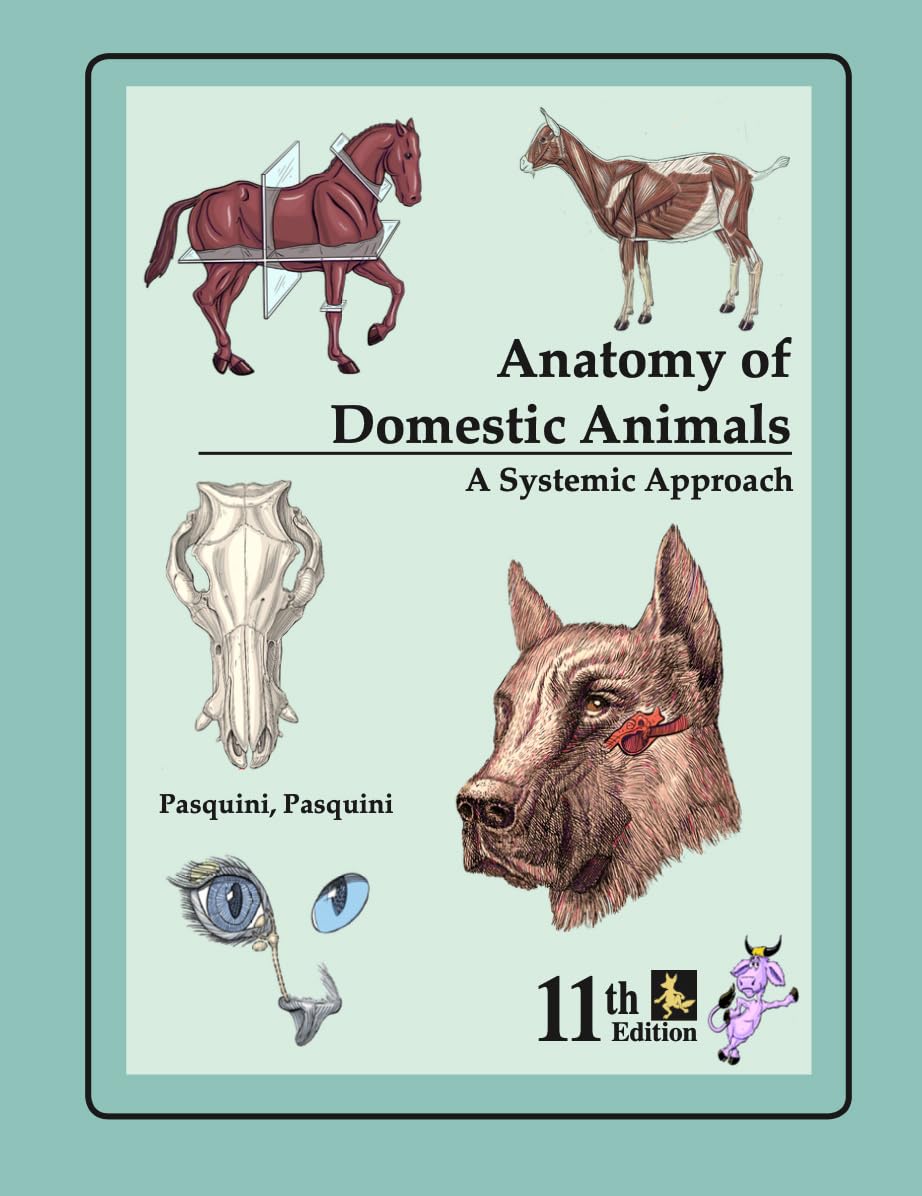
- Teacher: Callixte MATOVU
This module describes the skills and knowledge required to record livestock health and production parameters. It is intended for learners who have successfully completed ordinary level, level II in animal health or its equivalent and pursuing TVET level III in animal health and related qualification. After, the trainees will be able to identify livestock health and production parameters, perform livestock health records, perform livestock production records. This module describes the processes for recording of livestock health and production parameters.
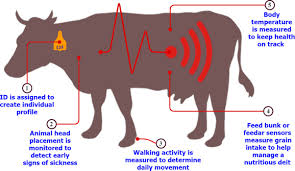
- NGABONZIZA Patrick: Patrick NGABONZIZA
PURPOSE STATEMENT:
This module covers the knowledge, skills and attitudes required to prepare
workplace for veterinary intervention. Indeed, any veterinary activity involves a
proper preparation of workplace. So this competence is very important for the
Animal care technician training and it is a prerequisite for all the specific
modules of the qualification involving the manipulation and treatment of the
different animal species. It is intended for learners who have successfully
completed ordinary level, level II in animal health or its equivalent and pursuing
TVET level III and related qualification. Upon completion of this module, the
trainee will be able to: Identify and store veterinary drugs according to their
therapeutic function; Identify and store veterinary instruments and equipment
according to their intended use; Clean and sanitise workplace, instruments and
equipment; Perform proper waste disposal
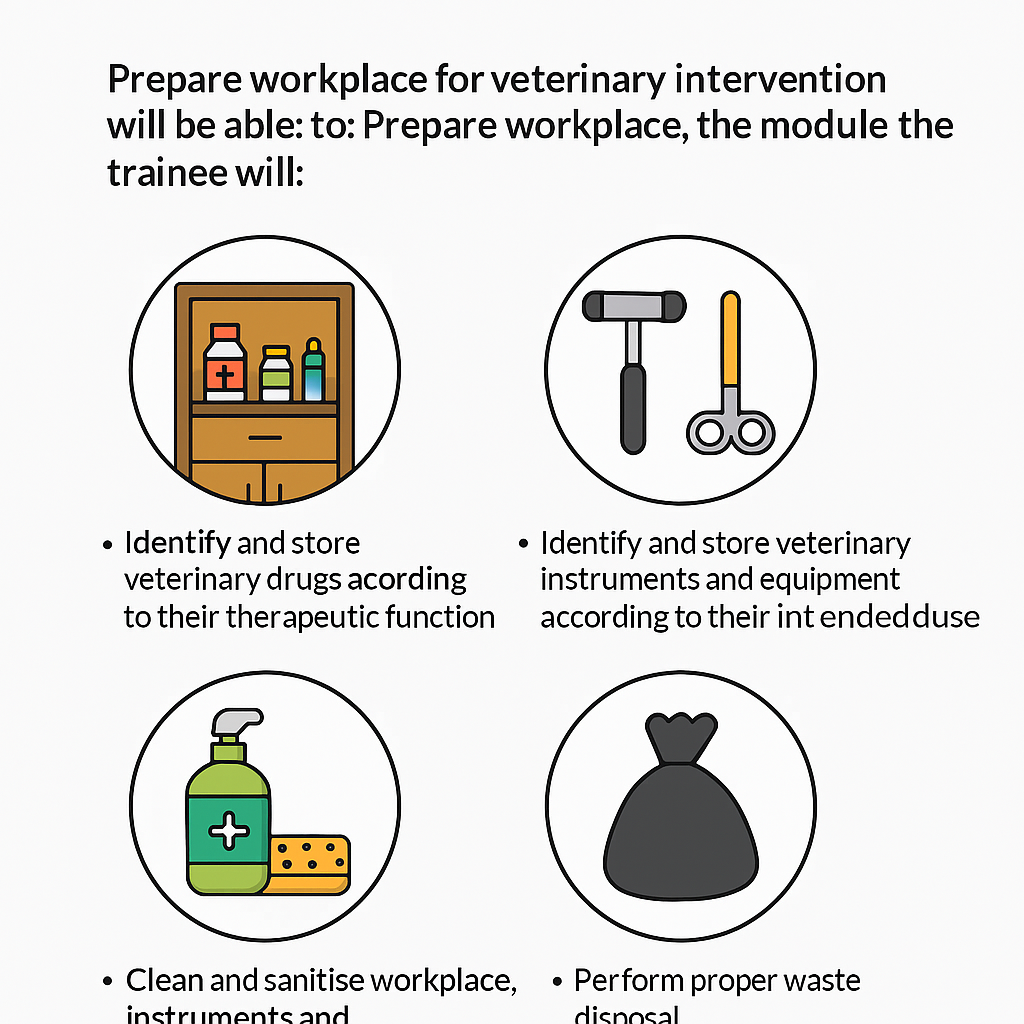
- Teacher: Gilbert NZABANTERURA
This module describes the skills and knowledge required to perform minor
surgery on animals without supervision is intended for learners who have
successfully completed nine years’ basic education, level or equivalent pursuing
TVET level III in animal health or other related qualification. Upon completion of
the module, the learner will be able to perform injections, perform wound and
abscess treatment, execute male castration, perform dehorning, apply hoof
trimming techniques, perform livestock caudectomy, Perform trocarization.
- Teacher: Gilbert NZABANTERURA
This module equip students with practical knowledge and skills in conserving and distributing fodder crops to ensure year-round feed availability for livestock, improve animal productivity, and support sustainable farming systems.
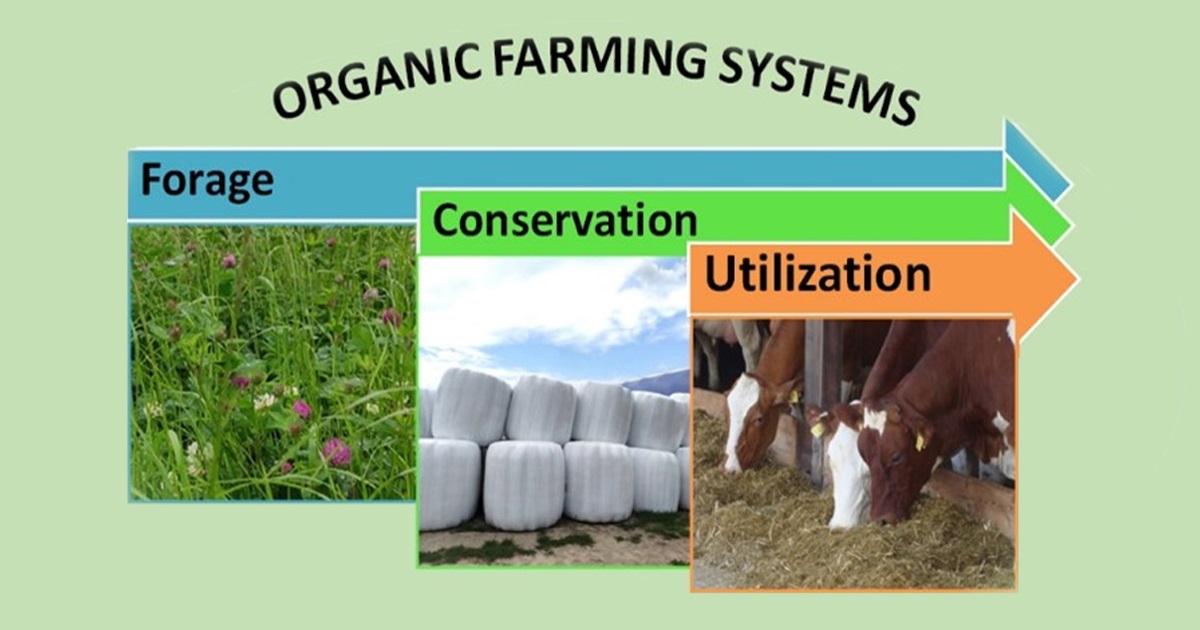
- Teacher: SadakoSandrine UMUKUNZI
